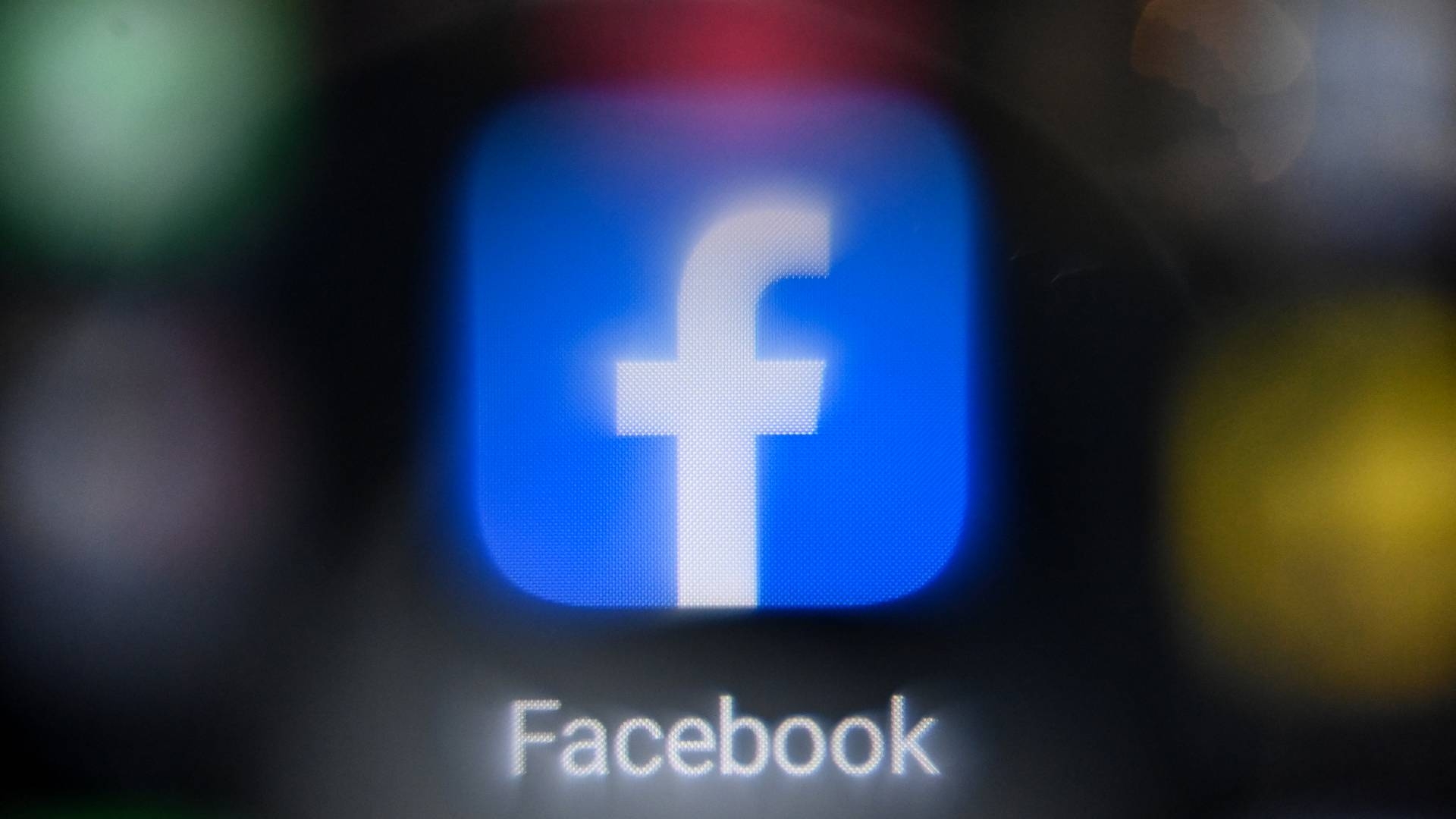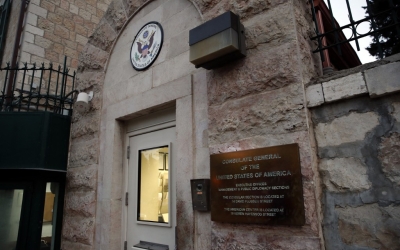Fake Facebook accounts boost campaign against US consulate for Palestinians: Report

More than 300 fake Facebook accounts have been found to be amplifying an Israeli politician's campaign against reopening the US consulate in Jerusalem, NBC News reported, citing research from the Israeli disinformation organisation FakeReporter.
According to NBC, the research showed that a social media campaign led by Nir Barkat, the former mayor of Jerusalem, was being boosted by at least 320 fake accounts through likes and shares.
Among the posts that were amplified were photos of Barkat with several US Republican lawmakers, including House Minority Leader Kevin McCarthy and Senators Lindsey Graham and Ted Cruz.
One Facebook post said the Israeli politician had talked about the "danger of establishing a Palestinian consulate in Jerusalem". The post was shared alongside a photo of Cruz and Barkat shaking hands at a meeting earlier this year, according to the news website.
Middle East Eye has reached out to the offices of Graham, Cruz and McCarthy for comment.
Barkat is now a Knesset member with the far-right Likud party. His spokesperson told NBC News that he denied any connection to the fake accounts, saying he has "has no need for such services".
"Barkat conducts his campaign against the division of Jerusalem through meetings with dozens of senators and members of Congress and expresses his position in the international media, which is viewed by tens of millions of people," the spokesperson said.
A spokesperson for Meta, formerly known as Facebook, told MEE that it had already started addressing the issue, but noted that, because transactions regarding who may have paid for this were not done through the social media platform, it was unclear who was behind the push.
"We removed the majority of these accounts for fake likes and shares. We go after a range of inauthentic activities facing our entire industry - from fake engagement to sophisticated influence operations," said the Meta spokesperson.
In July, FakeReporter identified a section of the same network of accounts appearing to promote the content of another Israeli politician, Orly Levy-Abekasis. After reporting the accounts to Facebook, the company removed 83 percent of them.
Meta has been facing growing scrutiny over the handling of its Facebook platform. It has been accused by rights groups of suppressing content from Palestinian users, appearing to focus disproportionately on Muslims in a leaked list of "dangerous individuals," and also of failing to enforce its own moderation policies, leading to a wave of anti-Muslim abuse.
Republican opposition to Jerusalem consulate
The report comes as the debate over opening the consulate in Jerusalem continues between the US and Israel.
The US consulate, which served Palestinians in East Jerusalem, the occupied West Bank and the besieged Gaza Strip, had been open for almost 175 years until it was shut down in March 2019 when then-US president Donald Trump signalled support for Israel's claim to Jerusalem as its capital.
In May, Secretary of State Antony Blinken announced the US was planning to reopen the consulate, reiterating US President Joe Biden's position during his election campaign in 2020.
Israeli officials and Biden administration officials, however, have been at odds over the issue, with Israeli Foreign Minister Yair Lapid saying it could break up the fragile coalition government currently heading up the country's parliament.
A number of Republican lawmakers have also opposed to the move, with 200 of them sending a letter to Biden earlier this month, urging him against reopening the consulate.
Middle East Eye has reached out to the Israeli embassy in Washington for comment.
Middle East Eye delivers independent and unrivalled coverage and analysis of the Middle East, North Africa and beyond. To learn more about republishing this content and the associated fees, please fill out this form. More about MEE can be found here.





